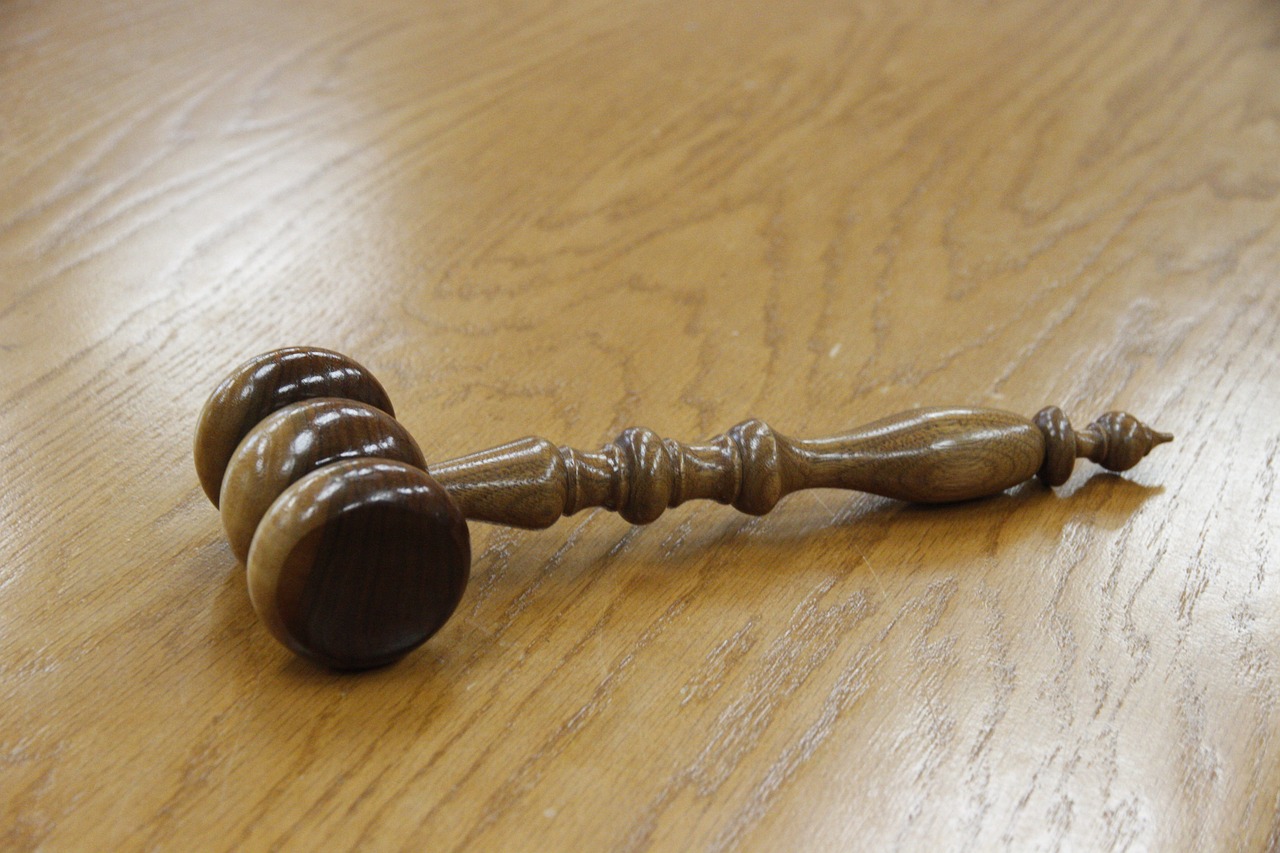Habeas Update SCOTUS
In June of this year, the Supreme Court ruled on a case related to habeas corpus. More specifically, in Jones v. Hendrix, the Supreme Court discussed habeas relief under 28 U.S.C. § 2241 when a subsequent (or second) motion under 28 U.S.C. § 2255 precludes a petitioner from challenge the legality of the federal prisoner’s detention. Marcus DeAngelo Jones was convicted and sentenced to possession of a firearm by a convicted felon in violation of 18 U.S.C. §922(g)(1), and one count of making false statements to acquire a firearm. Jones filed a motion pursuant to 28 U.S.C. § 2255, which resulted in the vacatur of one of his concurrent §922(g) sentences. In 2019, the Supreme Court held in Rehaif v. United States that a defendant’s knowledge of the status that disqualifies him from owning a firearm is an element of a § 922(g) conviction. Because of the Court’s decision in Rehaif, Jones argued that his § 922(g) conviction should be vacated since the government never proved that he knew he was precluded by law from carrying a firearm.
The Antiterrorism and Effective Death Penalty Act (“AEDPA”) of 1996, sets forth exceptions for when federal prisoners can file “second or successive” petitions for habeas corpus relief. One of these exceptions is if the Supreme Court creates a new rule of constitutional law. However, the Supreme Court in Jones held that that exception in §2255(3) does not extend to a prisoner who claims there was an intervening change in the interpretation of a criminal statute. Moreover, the Court held that one cannot circumvent the AEDPA restrictions on second §2255 motions by filing a §2241 petition.
Before this decision, § 2241 was seen as a safety net to ensure that the government was unable to imprison someone for conduct that was not a crime. However, the Court explained that §2441 is not available whenever a prisoner is unable to file a §2255 motion. Further, the Court explained that if §2241 were available to any time a second or successive restriction precluded relief, it would go against Congress’s intentions for AEDPA.
At LGR Law, we are experienced federal criminal defense lawyers in New Jersey and New York. Lorraine Gauli-Rufo and her staff have nearly 35 years of federal and state criminal law experience. We have represented and successfully defended many doctors, nurses, pharmacists, and other healthcare professionals when charged with federal crimes. Contact LGR Law at 973-239-4300 or visit our website at https://lgaulirufo.com/ for a free consultation today. We fight for your rights and protect your freedom when you are charged or threatened with federal or state crimes.





0 Comments